Could Honey Be a Natural Cancer Vaccine?
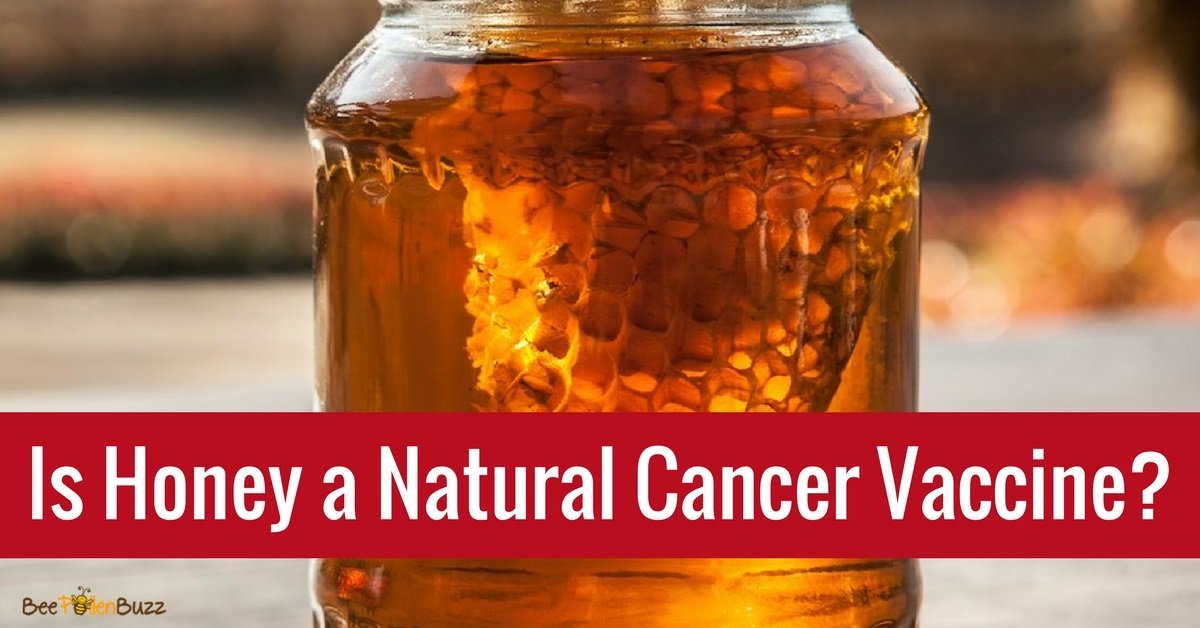

by Angela Ysseldyk, Nutritionist and Beekeeper's Daughter
Cancer is on the rise in most countries and let's be honest, the 'c' word scares the heck out of most of us. We've all been affected by this dreaded disease. I've lost family to it and chances are you have too.
What concerns me most is that the pharmaceutical industry continues to take the same approach to treating cancer even after decades of poor results. Why are low cost, simple foods like honey not being studied more intensely when they show such promise as potential therapies? The answer is a complicated one but you can be sure that money is certainly part, if not entirely the reason.
Published, scientific studies have shown that honey improves immune status, has anti-inflammatory and anti-microbial properties and promotes the healing of chronic ulcers and wounds and is a potent free radical scavenger. More recently, honey has been shown to have anti-cancer properties in both animal models and in test tube studies, many of which I have written about here at Bee Pollen Buzz.
With these promising characteristics now validated scientifically, is it safe to say that raw, natural honey is the world's first natural cancer vaccine?
Cancer Rates Are Climbing Globally
Cancer is a global epidemic with 21.7 million new cancer cases expected to be diagnosed around the world by 2030.
The causes of cancer can be categorized as follows:
- Low immune status. Causes include diabetes, chronic illness, obesity and old age.
- Chronic infections. HPV or helicobater pylori (cancer of the stomach), viruses such as Human Papiloma Virus (cancer of the cervix, skin and penis), Epstein Barr Virus (nasopharyngeal carcinoma) are all causes.
- Hepatitis viruses such as Hepatitis B, C.
- Chronic inflammation. Colorectal cancer developing in patients with Crohns, colitis and ulcerative colitis are examples.
- Chronic non-healing ulcers. For example, squamous cell carcinoma developing in patients with chronic ulcers of the skin.
- Accumulation of toxic free radicals and oxidative stress secondary to smoking, alcohol, obesity and chronic inflammatory processes.
- Genetic inheritance
Cancer is caused by genetic damage in the genome of cells. This damage is either inherited or acquired throughout life. The acquired genetic damage is often ‘self-inflicted’ through an unhealthy lifestyle. Roughly speaking, one third of cancer is due to tobacco use, one third due to dietary and lifestyle factors and one-fifth due to infections.
Many cancers are associated with aging. Although one's age is not an important determinant of cancer risk, the older you are suggests that you've been exposed to cancer causing carcinogens longer.
Why is Honey Useful in Preventing Cancer?
Honey contains various kinds of phytochemicals with high phenolic and flavonoid content which contribute to its high antioxidant activity. Any substance that has strong antioxidant properties may have the potential to prevent the development of cancer as free radicals and oxidative stress play a significant role in inducing the formation of cancers.
Honey is a Natural Anti-Inflammatory
In general, inflammatory responses are beneficial. Chronic inflammation on the other hand, can be detrimental to health and may lead to the development of cancer according to studies.
Honey is a potent anti-inflammatory agent. In one study, infants suffering from diaper rash improved significantly after topical application of a mixture containing honey, olive oil and beeswax after only 7 days.
In another study, it was shown that honey provides significant relief of cough in children with upper respiratory tract infection. It has also been shown to be effective in the management of dermatitis and psoriasis. Researchers found that eight out of 10 patients with dermatitis and five of eight patients with psoriasis showed significant improvement after 2 weeks using a honey-based ointment.
While none of these conditions are cancerous, long term, chronic inflammation is linked to cancer. Controlling inflammation with low cost, natural honey may reduce your cancer risk.
Honey is a Free Radical Scavenger
The association of cigarette smoking to cancer is extremely well established. The long term exposure to toxic free radicals and oxidative stress caused by smoking is what induces cancer in smokers.
Smoking is associated with a number of cancers such as larynx, bladder, breasts, oesophagus and cervix.
Antioxidants, abundant in natural honey, are free-radical scavengers. The amino acid composition of honey is an indicator of the toxic radical scavenging capacity and some of the highest antioxidant rated foods in the world are darker colored honeys.
Dark honey has higher phenolic compounds and anti-oxidant activity than clear honey.
Polyphenols found in honey include:
- Caffeic acid and caffeic acid phenyl esters (CAPE)
- Chrysin
- Galangin
- Quercetin, Kaempferol, Acacetin, Pinocembrin, Pinobanksin, and Apigenin
It is imperative that you use honey products with these active compounds in them if cancer prevention is your goal. While it is cost prohibitive to send your honey away for laboratory analysis, here are some tips to ensure that the honey you purchase contains polyphenols and flavonoids:
- Buy honey that has color. Honey that is gold/yellow/brown/blue will almost assuredly contain polyphenols. Clear honey will contain lower levels of antioxidants.
- Buy honey that has not been pasteurized or heated. Heat damages and destroys polyphenols and anti-oxidants as well as the bacteria found in raw honey.
- Use honey products from multiple geographic sources. This ensures that you obtain a wide variety of polyphenols and flavonoids. For example, I consume Raw Honey from Canada, Manuka honey from New Zealand as well as a Brazilian honey sourced from the rain-forest on a daily basis for cancer prevention.
Honey Kills Viruses and Bacterial Infections
Honey is a potent natural antimicrobial. It kills bacteria by disturbing the cell division machinery so that the bacteria can't divide and grow. Studies have shown that chronic infections have risk for cancer development.
Bacteria which have been studied to have associations with cancer are:
- Helicobater pylori infections (HPV) (stomach cancer)
- Ureaplasma urealyticum (prostate cancer)
- Chronic typhoid infection (gall bladder cancer)
There are three main mechanisms by which infections can cause cancer. They appear to involve the initiation as well as promotion of carcinogenesis. Persistent infection induces chronic inflammation and is then accompanied by the formation of reactive oxygen and nitrogen species which have the potential to damage DNA, proteins and cell membranes/
Chronic inflammation often results in repeated cycles of cell damage leading to abnormal cell growth. DNA damage promotes the growth of malignant cells.
Besides bacteria, honey also has been shown to have anti-viral properties. In a comparative study, topical application of honey was found to be better than Acyclovir (an antiviral drug used especially in the treatment of herpes and AIDS) treatment on patients with recurring lesions caused by herpes.
Common viruses which cause cancers are:
- Epstein-Barr virus (nasopharyngeal carcinomas)
- Human Papilloma Virus (cervical cancers and other squamous cancers)
- Hepatitis B viruses (liver cancers)
Cancer, Honey and Obesity
According to studies, obese individuals are at a much higher risk to develop cancer. There is a close link between obesity, a state of chronic low-level inflammation, and oxidative stress.
Obese subjects have an approximately 1.5 - 3.5 fold increased risk of developing cancers compared with normal-weight people.
In one study, fat cells were shown to have the ability to enhance the proliferation of colon cancer cells. The greatest risk is for obese persons who are also diabetic, particular those whose body mass index is above 35 kg/m2. The increase in risk is by 93-fold in women and by 42-fold in men, particularly for colon cancer.
In a clinical study on 55 overweight or obese patients, the control group of 17 people received 70 g of sugar daily for a maximum of 30 days while 38 patients in the experimental group received 70 g of raw honey for the same period. Results showed that honey caused a mild reduction in body weight.
Not only do studies show that honey can help control body weight, which helps lower cancer risk, but it has also been shown to be effective for blood sugar control and diabetes. Another study revealed significant decreases in body fat levels, fasting blood sugar, total cholesterol, serum triglycerides, and low-density lipoprotein (the 'bad' cholesterol) resulting from 12 weeks of honey consumption.
Honey As a Cancer Therapy?
Honey has not yet been studied in humans with cancer. However, numerous recent studies in test tube on breast, cervical, oral and osteocarcoma (bone) cancer cells lines using Malaysian jungle Tualang honey showed significant anticancer activity.
Honey is rich in flavonoids and this is likely the reason for its strong activity against cancer cells. Flavonoids have created a lot of interest among researchers because of their anticancer properties.
The mechanisms suggested are rather diverse and include:
- Inhibition of cell proliferation (stop cell growth and division into more cells).
- Induction of apoptosis (cell suicide).
- Cell cycle arrest.
Breast cancers developed in rats show smaller tumor size and lesser number of tumors compared to controls when the rats were fed on various doses of honey. Honey is thought to mediate these beneficial effects due to its major components such as chrysin and other flavonoids.
Using Honey as a Cancer Vaccine
Raw, natural honey appears to have strong anti-cancer potential. The question is how much to use before one gets cancer to best optimize your anti-cancer defenses. Because there is almost no profit incentive for pharmaceutical companies to study this question, we are left to make our own best estimate based on the limited studies done in humans. We need to determine at what dose does honey possess biological activity in humans.
We know from studies that honey has strong biological activity at doses as low as 2.5 ml per day (in children) all the way up to 70 grams per day in adults, which is 3.5 tablespoons per day. Obviously, this is a very large range.
From a successful diabetes study done in humans, we know that participants were given honey in a dose of 0.5 mL/kg body weight per day for 12 weeks. In a 150 lb person, this would equate to 35 ml of honey per day which is less than a quarter cup. So this gives us a range in which we know honey to be active in the body. There is no guarantee but it gives us a strong starting point.
One thing that is quite certain from the studies is that honey needs to be consumed long term to be a successful cancer preventative. This is likely due to the need to keep antioxidant levels elevated in order for them to be effective.
Summary
To summarize how to use honey as a natural cancer vaccine, here is what you need to remember:
- Honey must be used long term and most likely on a daily basis to maintain your antioxidant levels.
- Consume a minimum of one teaspoon per day and up to 3.5 tablespoons per day.
- Avoid clear honey and consume honey with color. The more color and the darker the better.
- Consume honey from multiple geographic sources to ensure a wide variety of antioxidants.
- Don't consume heated/pasteurized honey as it will contain much lower levels of polyphenols and flavonoids.
†These statements have not been evaluated by the Food and Drug Administration. This product is not intended to diagnose, treat, cure or prevent any disease.
|
|
|


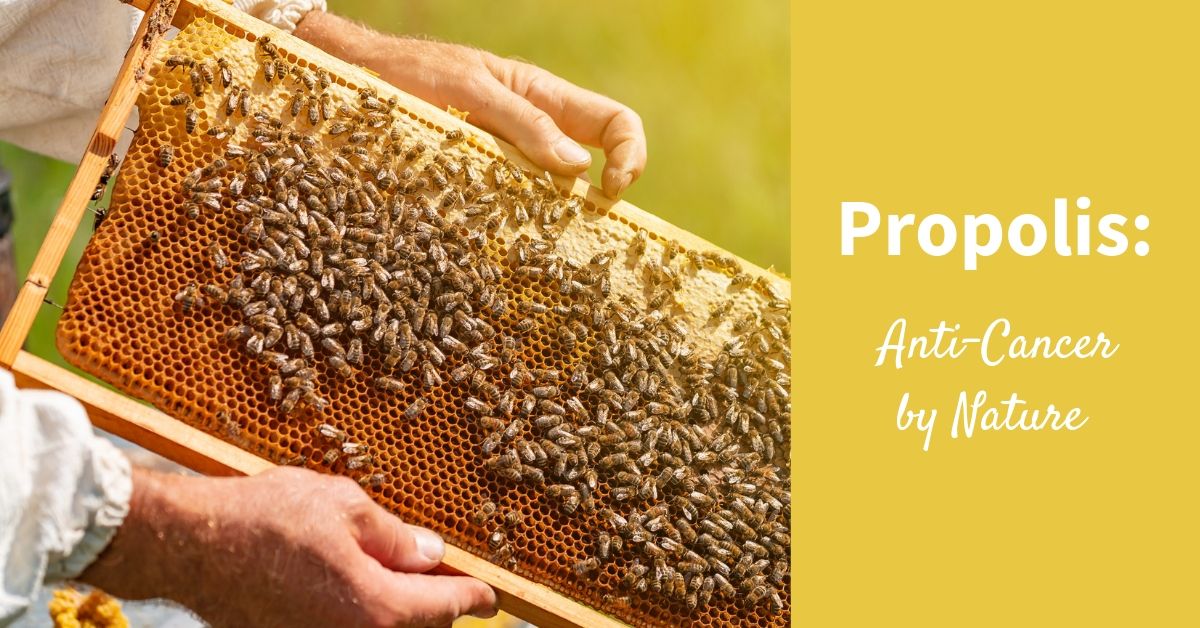
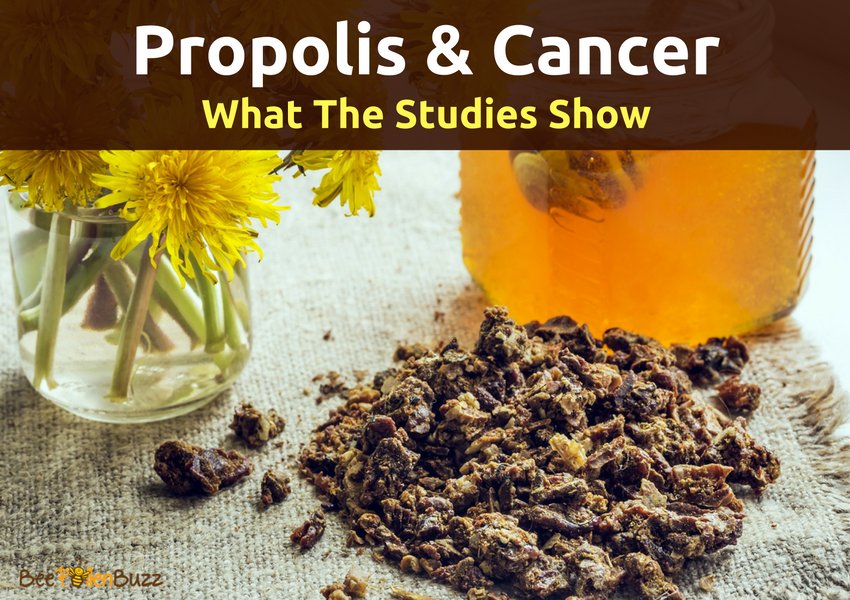
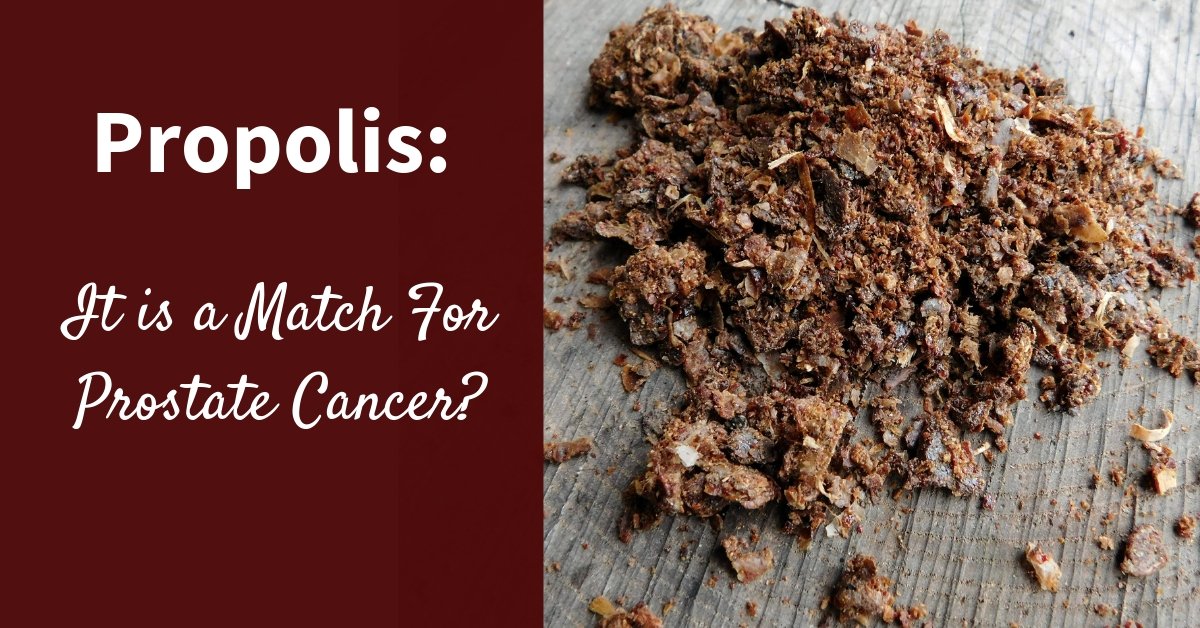
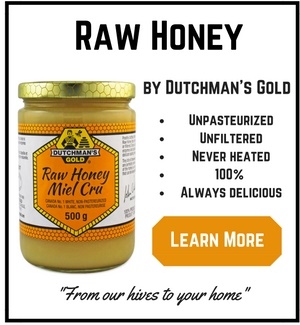
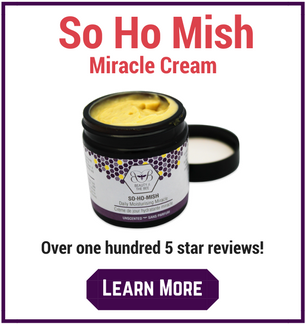
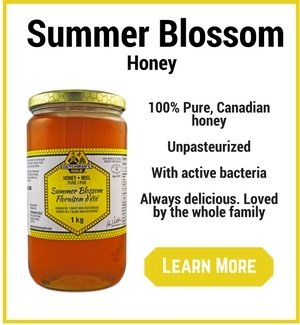






New! Comments
Do you have something to say about what you just read! Leave me a comment in the box below. I'd love to hear from you!